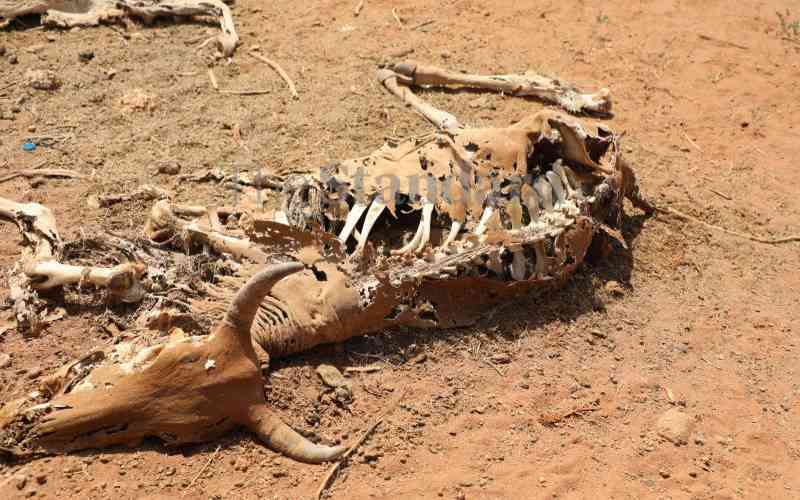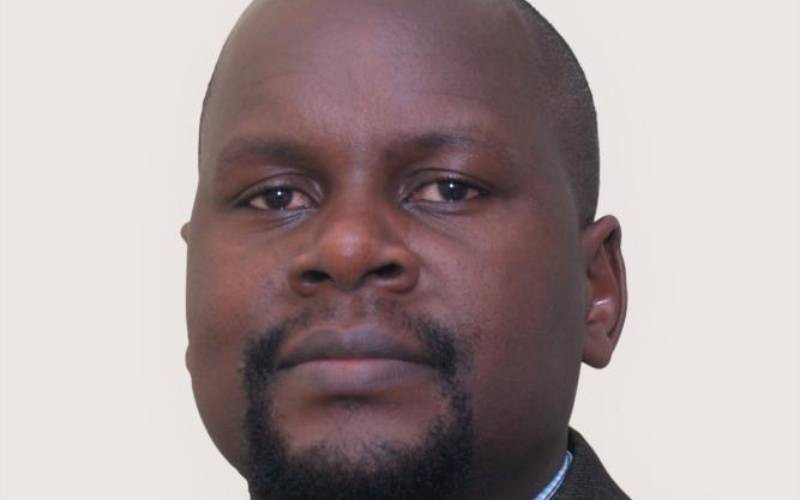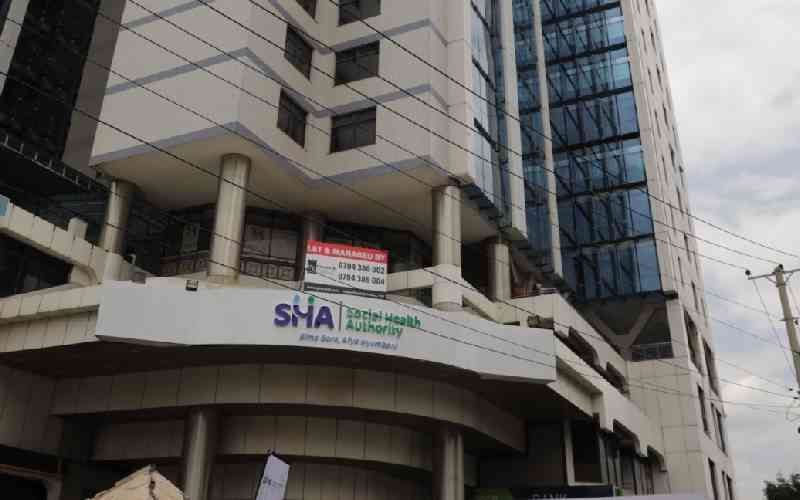
That the ongoing drought has triggered an unprecedented hunger crisis affecting more than 5.4 million Kenyans and more than 22 million people in the horn of Africa is not news.
That the drought is a result of insufficiently addressing global-warming human activity despite it being 27 years since the first Conference of Parties (COPs) in 1995 in Berlin is equally not news.
What hasn't been named and problematised is the violently destructive nature of humans, and the unprecedented impact of this given our sheer numbers today.
Humanity's greatest success, the industrial revolution credited with immensely improving the quality of life for humans, has turned and become a climate-harming force. This destructive economic machine has become a concern in its scale, as the growth imperative has persisted to serve the 8 billion humans that inhabit earth.
The more we have produced and consumed ourselves into prosperity, the more we have destroyed. And the destruction is now not easily ignorable because of our sheer numbers and the efficiency of the destructiveness of technologies we have fabricated.
We, humans, have destroyed most of what all life, including our own, depends on. Our being on earth as we currently are, is now anti-life. Communities in the Arid and Semi-Arid Lands and other marginal counties are paying the heaviest price including with their lives, for sins against the climate worst perpetrated far away.
The inevitable loss of livelihoods and life at their doorstep today will be at the rest of our doors sooner or later.
Climate events are no longer an inconvenience to wish and pray away. It is a fruit whose seeds have been sowed as humanity which we reap, albeit inequitably, for the moment.
- Misdiagnosis, climate change to blame for pathogens' resistance to drugs
- We need to talk to our children about climate change
- Day out with the trash trackers of Mukuru slums
- Climate justice and conservation are undeniably interconnected
Keep Reading
The chickens are coming home to roost and even God will not save us from reaping what we have sowed lest He breaches his own Word on seasons. It is our burden to bear or we will perish together as fools.
Prayer, without dealing with what we have done as humanity is a lazy and futile strategy here. The symptomatic responses to save lives through humanitarian responses while leaving humanity's destructive nature unnamed and unaddressed is the crisis of the crisis, and the worst of both.
The feeble efforts to reduce the environmental impacts of our human actions can't save us. The fraudulent greenwashing gestures including pretention of regenerative economic activities while leaving our environmentally harmful ways of production and consumption unchanged is a crime against ourselves.
We can't trade off carbon out of the climate crisis that underlies the misery and destitution 5.3 million Kenyans face today. Neither can we resign from doing anything, overwhelmed by the powerful forces that shape the modern world of destructive creation.
We have to confront who we are. The parasitic humans that are destroying what we depend on include the ecological cycles - hydrologic, carbon and nitrogen cycles.

Dr John Kitui
- The writer is the Country Director of Oxfam in Kenya.
Do you want to be part of the climate conversations? Submit contributions to [email protected]
 The Standard Group Plc is a multi-media organization with investments in media platforms spanning newspaper print
operations, television, radio broadcasting, digital and online services. The Standard Group is recognized as a
leading multi-media house in Kenya with a key influence in matters of national and international interest.
The Standard Group Plc is a multi-media organization with investments in media platforms spanning newspaper print
operations, television, radio broadcasting, digital and online services. The Standard Group is recognized as a
leading multi-media house in Kenya with a key influence in matters of national and international interest.











